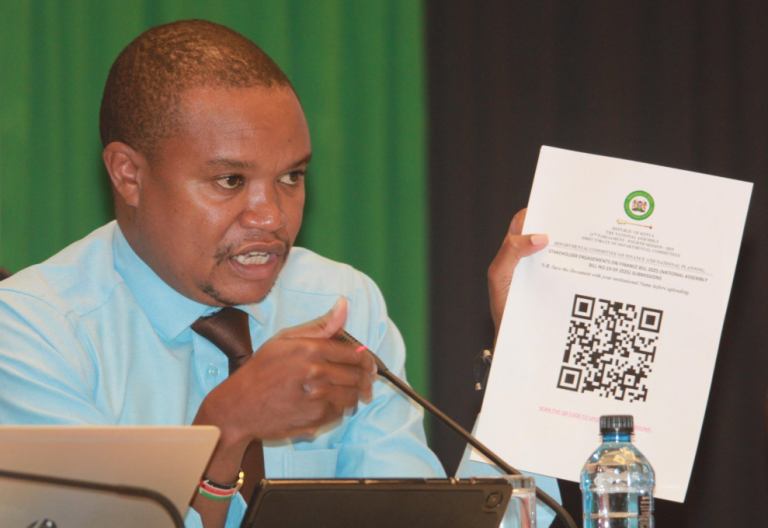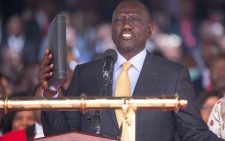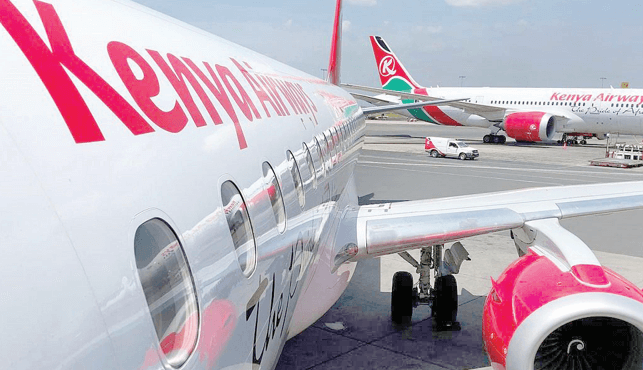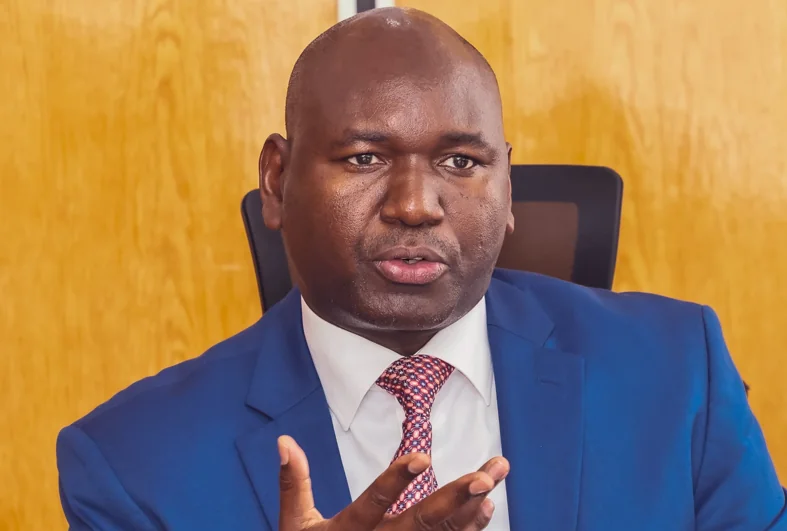State digitises public participation for Finance Bill 2025

In a move aimed at fostering inclusivity and easing tensions around the Finance Bill 2025/26, the government has digitized public participation processes, allowing citizens to submit their views online.
The initiative, spearheaded by the Molo MP Kimani Kuria, who is the chairperson of the Finance and Planning Committee, marks a significant shift from traditional public forums, which have often been marred by low attendance, logistical challenges, and, in recent years, public unrest.
By embracing digital platforms, the government hopes to increase civic engagement while minimizing the kind of street protests and disruptions witnessed during the rollout of past financial legislation.
The exercise for the Finance Bill 2025 began on Thursday, May 22, 2025, as the government highlighted a virtual platform for the public to submit their views on the same.
MP Kuria has urged Kenyans to actively participate in the process and express their views.
Online submission
He revealed a QR code that the stakeholders can use to access the bill and submit their views.
“We have officially commenced public hearings on two critical bills: the Finance Bill, 2025, and the Virtual Asset Service Providers Bill, 2025. The hearings are underway at the Edge Convention Centre, South C, and will run for two weeks,” Kuria said.
“Both bills are being reviewed concurrently, with input from the public and key stakeholders. To ensure inclusive participation, please submit your views virtually via the QR code.”
Speaking during a public hearing, the finance committee chair stressed that online submissions will enhance inclusivity and save on time that would have otherwise been lost had it been a physical exercise.
“The National Assembly committed that this time around, we would not just have the traditional KICC meetings because there are not many people who have the time to leave their workplaces and physically give their views,” he explained.
The decision to digitalise the public participation process is widely seen as a strategic move by the government to avoid the public outcry experienced during the Finance Bill 2024.
Last year’s bill sparked widespread protests, driven largely by perceptions of limited transparency and inadequate engagement in the process.
By shifting to a digital platform, the government aims to enhance accessibility, streamline feedback collection, and demonstrate a commitment to more inclusive and transparent governance.
The approach is also expected to improve efficiency and broaden citizen involvement in shaping key fiscal policies ahead of the bill’s formal debate.














